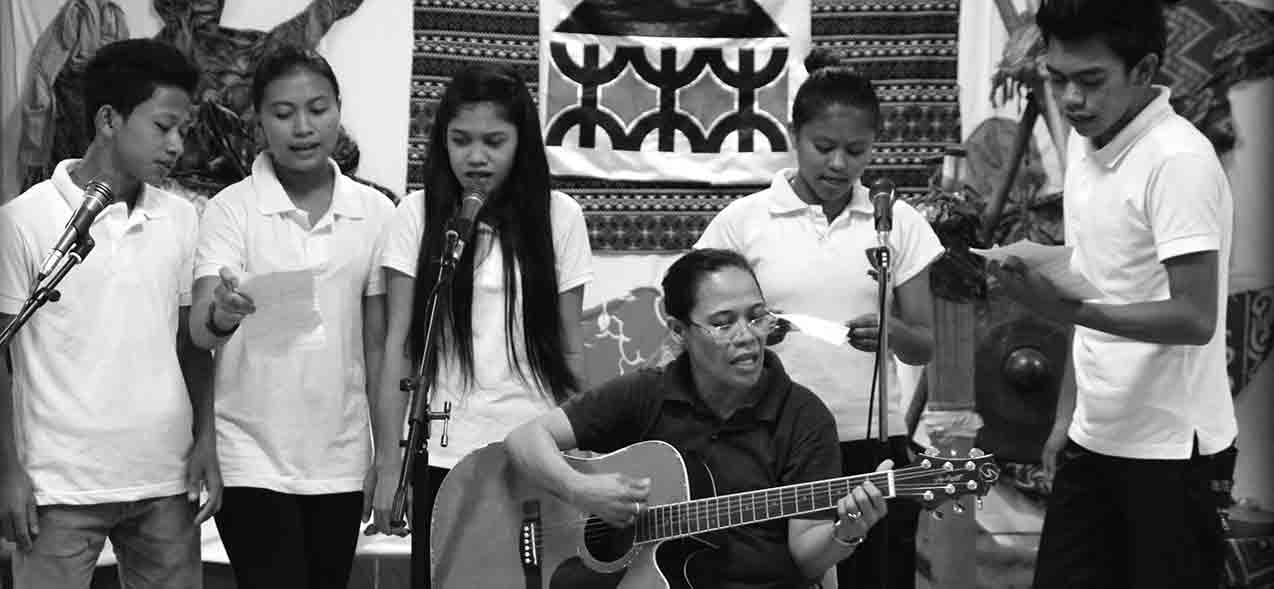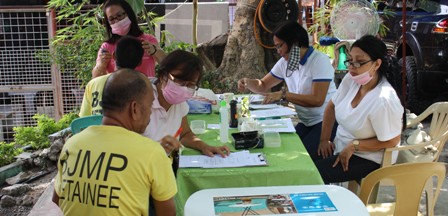Ninety six detainees charged with political offense gained their freedom after nearly five years of imprisonment from the Security Intensive Care Area 2 in Camp Bagong Diwa in Bicutan on May 28, 2018. The Regional Trial Court Branch 158 in Pasig City ordered their release after they agreed to a plea bargaining agreement that lowered their charge of rebellion to being accessories to sedition.
It was the biggest number of political detainees to be released since former President Corazon Aquino declared a general amnesty for those charged with politically-related crimes following the ouster of the Marcos dictatorship in 1986.
The detainees were implicated in the so called Zamboanga Siege in 2013 where soldiers battled fighters of the Moro National Liberation Front (MNLF) who marched to Zamboanga City to ask the government to fully implement the terms of the peace agreement it signed in 1996. Most of them are farmers and fishers from the islands of Sulu and Basilan; One of them is a woman.
Their freedom came two days before lawmakers approved the Bangsamoro Basic Law that provides, among others, for the creation of a Bangsamoro Government in provinces, towns, and villages populated mostly by the Moro people in Mindanao. .
The jail authorities turned over the detainees to the Regional Human Rights Commission (RHRC) which facilitated their release in collaboration with private legal counsels, public attorneys, and state prosecutors. They went back to Western Mindanao and Sulu aboard a C130 aircraft provided by the Philippine Air Force (PAF).
More than 100 political detainees who were not covered by the plea bargaining agreement were left behind in SICA 2, according to RHRC.
The RHRC partnered with Balay Rehabilitation Center and SICA 2 jail officers in checking on the medical conditions of the detainees before they went back to their respective places of origin. They also held a psycho-legal session with the inmates before they were set free.
Eighty nine of the detainees disclosed that they were either beaten up, blindfolded, hands tied behind their back, kicked at, or hit by blunt objects upon their arrest and during interrogation. Balay said that the alleged torture victims may seek assistance from the Department of Social Welfare and Development (DSWD) under its PagHILOM program as provided for under the Anti-Torture act of 2009.
























